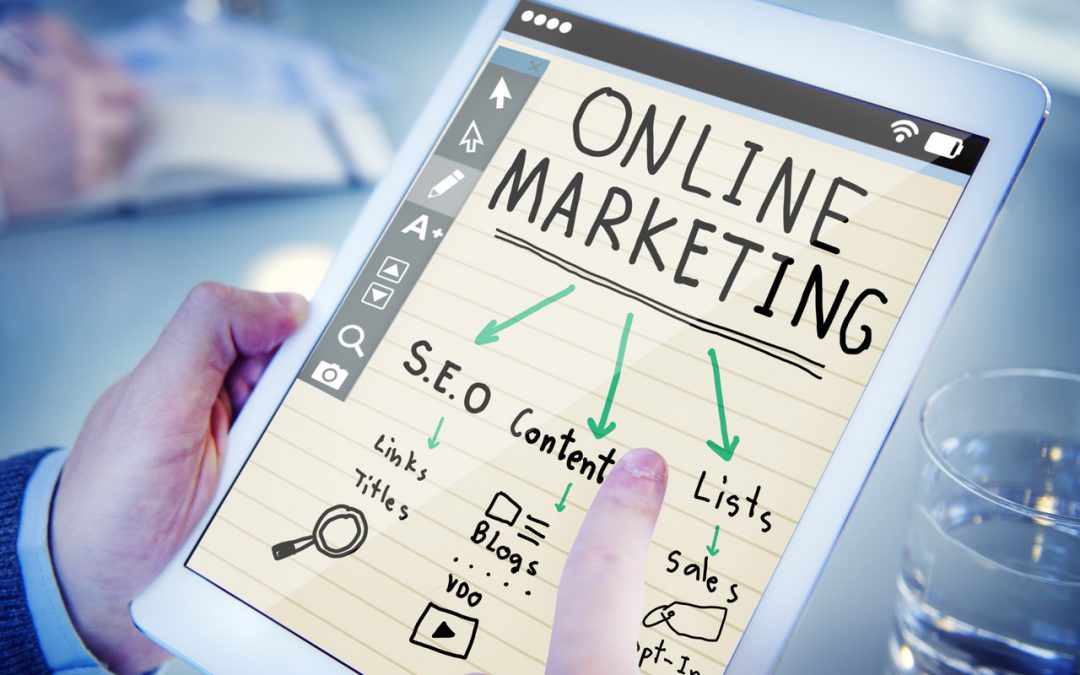At #CMC18, Arnie Kuenn shared the bottom line that makes all other bottom lines seem like they’re floating mid-air: “100% of conversions involved search.” Now, whether that entailed a focus on paid or organic search seems to be the question. Arnie proposed that combining paid + organic = search. Rather than be a paid vs. organic question, he pitched that by linking Google Search, Google Adwords, and Google Analytics, businesses have the ability to analyze what works best to meet their goals.
How Does the Nature of the Search Affect Results?
Some people begin their search well in advance of their intended purchase timeframe. They spend an average of six months researching your product or service. Today’s online consumers will read reviews, check your social media posts, and scrutinize your website from their mobile devices. According to CMI, a qualified sales lead requires between 7-13 touches.
Keep in mind that many searches are more immediate. If your dog’s harness breaks, you may go straight to the source, read a couple of reviews, and click on overnight shipping. Considering 90% of people don’t go past the first page of Google search results, relying on organic search may not pick up those immediate specific searches.
Should I Focus on Organic or Paid Strategies?
Google only makes money if you click on ads. Because of this, ad positioning has changed over time and resulted in the ads looking and feeling more like organic results placed at the top of the page. Organic click-through rates (CTR) are dropping as paid CTR are on the rise. As Arnie said at CMC 2018, “You must implement both paid and SEO strategies to make your brand visible at the right moment of the journey.”
If you are not using Analytics to determine how paid and organic search each pull their own weight, you should be. A great pitcher will not win games without a catcher who can read the batter and call the pitches. Arnie’s bottom line says it all: “100% of conversions involved search. ”When you allow paid and organic searches to work together, you reach people at the right time in their journey to connect and convert.
What do the Numbers Look Like?
Ecommerce did a case study from 2015-2017 to determine how the ways people use organic and paid search results are changing. We already know that more people use mobile devices for their searches now than desktops. Even so, desktop search click-through saw organic search CTR drop 9% while paid CTR rose 12%. The discrepancy is higher on mobile devices, with organic CTR dropping 71% and paid increasing 19%. One potential influencer on mobile devices may be that Google now gives definitions or information on page 1 of the results, so many people don’t have to click anything to get answers. When researches compiled all of the results, they learned that organic click-through rates are down 25% on a desktop and 55% on mobile.
The Benefits of Investing in Organic and Paid Marketing Strategies
Organic search strategies may cost more up front to set-up, but once they are in place, they are quite cost-effective. There tends to be a positive return on investment. Once the mechanisms are in place to put you on page 1 of a Google search, it is relatively easy to sustain your position and build awareness of your brand.
Paid searches also build awareness of your brand, but may do so in a more specific way with urgent messaging. Ad position is a plus when you are visible above the organic searches. Paid search takes user experience into account through analytics and allows businesses to adjust and re-target as needed.
No More Competition
Get to know your audience and the journey customers take to that final sale or conversion. Organic search may inform paid search by bringing in information about your demographics you never considered. Businesses who recognize the need for research-based marketing techniques that utilize social media, paid search, and organic search will see their sales grow exponentially.
Elizabeth B is a curator of words whether on the page or in the conference room. She spent most of her adult life in public education fighting for developmentally appropriate education as a classroom teacher and reading specialist. She is well-versed in compiling data and creating special reports for various educational institutions.

